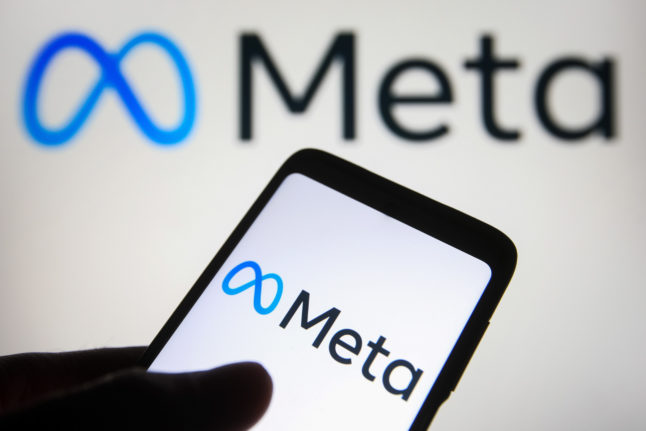The so-called “accounts centre” will allow users “for the first time to make a largely free and informed decision about whether they want to use Meta’s services separately or in combined form”, the Federal Cartel Office said in a statement.
The watchdog, which has been locked in a long-running spat with Meta over privacy and antitrust concerns, hailed the action as “an important step”.
The Federal Cartel Office in 2019 ordered Meta, then still called Facebook, to stop merging user data collected through its subsidiaries and other websites unless users gave their consent.
The social media giant objected to the decision, sparking a legal battle that has ended up before the European Court of Justice. The ECJ is expected to announce its ruling next month.
READ ALSO: Germany steps of monitoring of Facebook’s Meta
The Federal Cartel Office said it has remained in talks with Meta throughout the litigation process to find a way forward.
After rejecting Meta’s first proposed “accounts centre” as “seriously deficient”, the watchdog said the US company made changes that made the overview “significantly more transparent and comprehensible”.
That included using clearer language and simplifying the process to separate accounts if users wished to do so.
Customers will now have the choice to use Meta’s platforms separately, or link them to benefit from extras such as cross-posting — where the same post is published on several social media websites at the same time.
This option, however, will involve more personal-data sharing which Meta would use for advertising purposes, the regulator said.
Meta told AFP its move was aimed at “making it simpler and more convenient for people and businesses to access new experiences and communicate across Facebook’s family of apps”.
The Federal Cartel Office last year classed Meta as a company of “paramount significance for competition”, allowing for closer monitoring for possible abuse of its market position.
Fellow tech behemoths Amazon, Apple and Google parent Alphabet have also been placed under increased scrutiny, made possible by new German legislation.
The German Competition Act, which came into force in 2021, gives the Federal Cartel Office greater powers to clamp down on anti-competitive behaviour by tech giants.




 Please whitelist us to continue reading.
Please whitelist us to continue reading.
Member comments